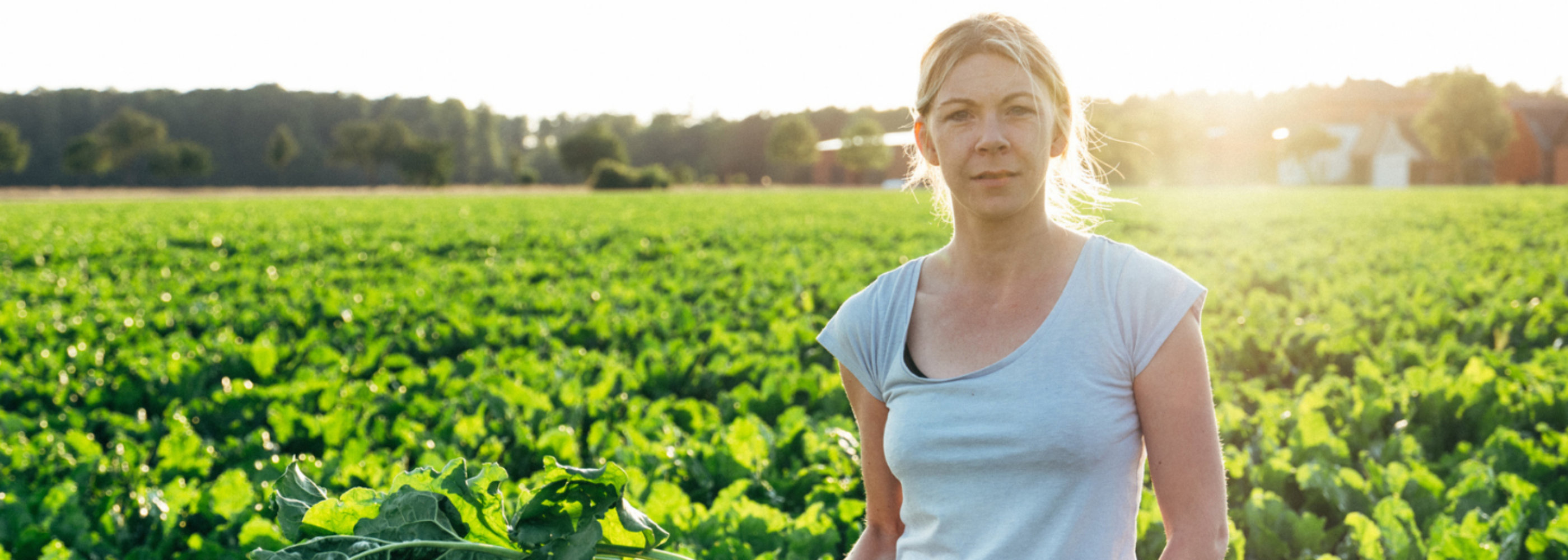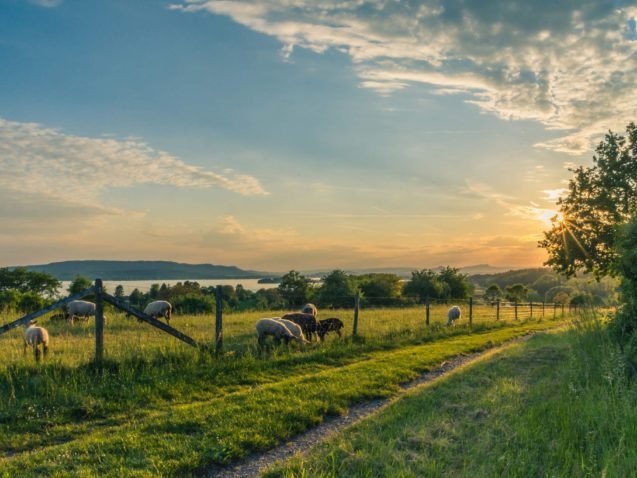In Europe, farmers and the food and drink industry are highly interdependent, with the industry buying some 70% of all EU agricultural produce.
The high cultivation standards and sustainable practices in European farming means that the food and drink industry looks to source as many inputs as possible from Europe.
As a food and drink processing industry, a great deal of production sites are close to the source of supply and are intimately involved with local and rural communities, just like the farmers that supply them. With 291,000 of these enterprises, of which 99% are SMEs, the food and drink industry has a stake in the success and prosperity of rural communities.
In fact, Europe’s food and drink companies have a strategic interest in sourcing from EU farmers.
Favourable growing conditions, high animal welfare and environmental standards, and a dynamic economy are all driving factors in the industry’s desire to work with local farmers. Cultivating these relationships is essential and helps ensure a stable supply of food and drink in Europe. Even during the Covid-19 pandemic, food supply chains remain resilient and largely uninterrupted thanks to the continuity of supply through ‘green lanes’ and the intrinsic relationship between farmers and processors.
Strong ties between European farmers and processors are not new. Supplying high-quality food and drink products throughout our history has meant guaranteeing the traceability and quality of ingredients to consumers. This means building long-standing, solid relationships between farmers and processors.
Today, there is a renewed urgency to strengthen these relationships in the face of common challenges:
- Climate change represents one of the biggest threats to the sustainability and competitiveness of the food and drink industry. Climate change impacts agricultural production with more frequent abnormal weather events and animal and plant diseases, leading to increasingly volatile supplies and volatile prices for farmers and for food and drink manufacturers;
- Additional trade liberalisation has opened up new market opportunities in third countries for the industry and for farmers and has also brought increased international competition;
- Fairness for all in the chain remains a challenge, the EU Directive on Unfair Trading Practices, which is currently being implemented in the Member States, is a key milestone;
- More sustainable consumption behaviours (healthier diets) and more active lifestyles.
Addressing these challenges demands a continued effort, with a focus on investment in innovation and skills starting at the farm level as an essential first-step.
The food and drink industry is determined, to help address these global challenges by moving towards more sustainable food systems. With a central role between ‘Farm’ and Fork’, the food and drink industry is driving actions that will contribute to healthier living, a greener planet, and a thriving economy, this commitment was recently reflected in our involvement in and signature of the Code of Conduct. Working with farmers to implement more sustainable agricultural practices is part of this engagement.
Of course, the EU’s Common Agricultural Policy is a large part of the response and the 2023-2027 modernised CAP will support the transition to greener and more climate-friendly farming. Additionally, the renewed EU Trade Policy will also help create new opportunities for EU farmers and food and drink companies.
Addressing these challenges can’t be done alone and requires continued partnerships along the entire length of the food chain and beyond. The food and drink industry takes its full responsibility to facilitate dialogue and cooperation all along the food chain.




